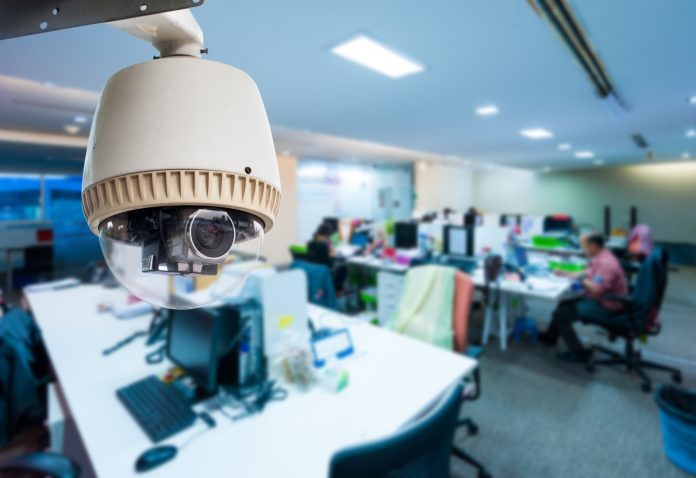Technology has advanced so fast that we are now able to utilise tools to efficiently track and monitor each and every individual employee’s activity and productivity in the workplace. Unfortunately, when we usually hear about such employee monitoring or surveillance in the headlines, it is rarely good news. In general, monitoring brings to mind many negative connotations, including intrusion, erosion of freedom, and a creeping paranoia; all of which can eventually lead to heavy loss in staff morale and productivity.
This is not to say that all employee monitoring is bad. In fact, most companies have been monitoring their employees for years. Keeping track of attendance is one such monitoring system, and most employees would rarely argue that this is overly intrusive. Other strong and legitimate reasons can include ensuring compliance with company internet policy, or ensuring that heavy and dangerous equipment is being utilised properly.
However, employees need to be aware that they are being monitored and companies need to keep in mind that workers will have a reasonable expectation of privacy. New and improved monitoring tools are becoming increasingly stealthy and some are even bordering on the ethically questionable.
Legally, there is no barrier to any of this activity, as long as employers are clear about how and why they are implementing such surveillance. However, strong justification is needed when a company employs a blanket approach to employee monitoring.
Once monitoring tools have been sold to a company, there are very few interventions a third party can make to prevent intelligence being used for less legitimate means, such as a manager collecting data over a period of time to build a case against team members they dislike. Several businesses have already come under scrutiny for questionable monitoring practices; such as logging the number of bathroom breaks an employee takes or sending employees a warning for not being productive enough.
It is no exaggeration to say that wide-scale monitoring of employees can chip away at the very psychological contract of work. Said contract is built on fairness and trust between employer and employee as is fundamental in understanding this mutual relationship. Factors such as job security, good management support, and career prospects all can be highly motivating if met. But if those terms are not met, and that trust is undermined, it can be very detrimental to an individual’s health at work. They may not feel motivated or committed, and they may then start looking for other opportunities
Edward Houghton, senior research advisor for human capital and governance at the CIPD, warns that constraints on autonomy perpetuated by overly intrusive monitoring risks fundamentally undermining psychological contract. And while many platforms will argue their practices are strictly above board, it is still undeniable that there are many tools available that facilitate covert behaviours.
There are very good reasons why use of surveillance systems such as CCTV are governed by extensive privacy and data protection legislations in many countries. Employees need to know the legitimate and justifiable purposes for such systems to be in place. However, if employees feel that the use of such monitoring is unjustified, the organisation will often feel the effects of their stress, loss of identity and the emergence of privacy issues
To avoid landing in legal hot water, an employer monitoring staff must be specific about the terms and conditions under which they are going to do so, should not infringe in any way on private time, and must be proportional in the methods deployed.





















